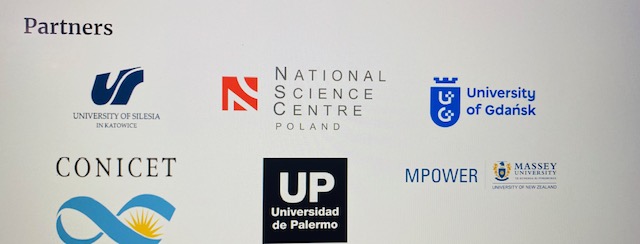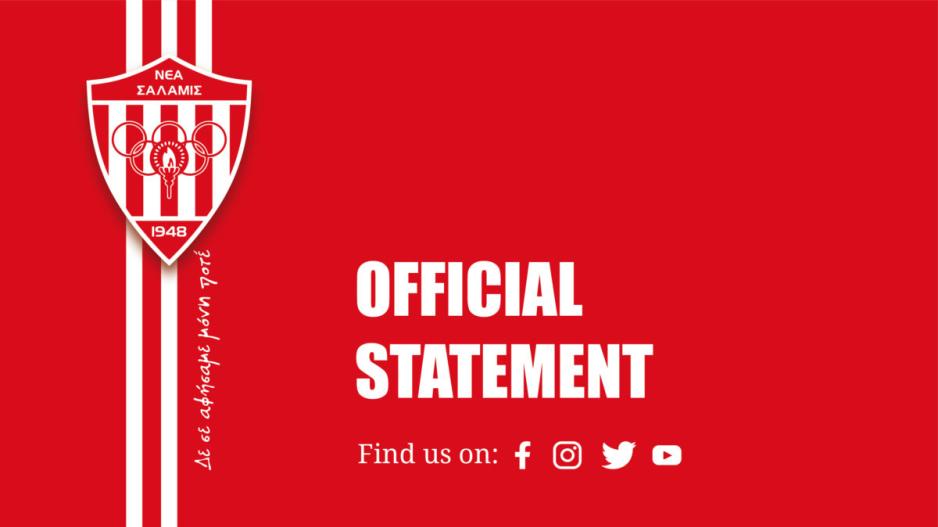Press Release
We would like to invite you to cooperate on an important and interesting topic. Together with my
collaborators from over 60 countries all over the world, we are conducting the largest global study on work addiction to date. So far, several thousand people have participated in our study, and we are just beginning to launch it in different countries. We are contacting you with a proposition of an article or brief media release covering our project, which involves not only this study but also a newly developed webpage on work addiction which is gradually translated into over 40 languages:
https://workaddiction.org/
WEB PAGE
This webpage is designed to provide:
-most up-to-date scientific knowledge on work addiction,
-information on where to seek help with a work addiction problem,
-raise awareness about the problem globally,
-a platform for international collaboration of scientists, practitioners, non-profit organizations,
institutions, students, and media.
PROJECT TEAM
Our project involves world-leading experts in work addiction, including esteemed and globally
recognized addiction researchers, clinical psychologists, and work and organization psychologists, as well as a team of over 100 researchers worldwide:
https://workaddiction.org/work-addiction-research-expert-panel/
https://workaddiction.org/team/
WORK ADDICTION
There has been considerable progress in the conceptualization and research on work addiction in
recent years. It is defined as a behavioral addiction with symptoms similar to substance addictions,
such as craving, withdrawal, tolerance, mood modification, or conflicts and health problems. Two
main factors make it one of the most significant challenges in organizational psychology and public
health in the 21st century.
Firstly, studies examining the prevalence of work addiction show that it is more prevalent than most other addictive behaviors. Depending on the country, about 6 to 20% of workers could be affected, and such differences in prevalence are likely, to some extent, related to macro-level factors such as labor market regulations, stability of employment, and social care systems.
Secondly, work addiction is strictly related to high workload, chronic and substantial occupational
stress, and burnout. Moreover, it considerably affects family dysfunction and generally problematic
social functioning. On top of that, it tends to be related to decreased productivity. In other words, it
has sizeable negative consequences for the individuals affected, people close to them, and recipients of their work.
Currently, there are sufficient empirical and theoretical premises to take a closer look at the
association between work addiction and the global burden of disease. Its high prevalence, coupled
with considerable and widespread negative effects, makes it likely to cause substantial harm on a
population level, affecting medical and social care systems.
IMPACT OF THE STUDY
One of the aims of our research is to provide data on the proportion of the enormous costs of
chronic stress in and outside work environments that are directly attributed to work addiction
worldwide. Most importantly, we want to understand which factors contribute most to work
addiction, work-related depression, and burnout to develop best practices for their prevention and
treatment. The results of this research can provide a scientific basis for preparing recommendations
for governments concerning working conditions as well as influence organizations’ policies and
procedures regarding work climate and organizational values to minimize the risk of the
development of work addiction and mitigate its effect on health and well-being. As such, it may
contribute to a significant reduction in human suffering worldwide and a notable improvement in
productivity for organizations, institutions, and country-level economics.
WORK ADDICTION AWARENESS
However, little information about it is still available to the general public, and many people who
struggle with it do not know that they may seek help.
In recent years, there has been substantial development in research on this problem. We believe it is an important and interesting topic for a wider public and deserves more attention and awareness.
We invite you to share information about this topic and our project. Interested readers may
participate in our global survey, which is translated into over 40 languages, and each participating
country has its own link to the study.
Immediately after filling out the survey, all participants will obtain detailed feedback on their
psychosocial functioning at work, including risks of work addiction, work-related depression, and
burnout, and potential organizational and individual risk factors contributing to their functioning at
work. It may help identify personal and organizational strengths and weaknesses and improve job
performance and well-being in and outside the work environment. Participants will be directed to a
webpage where detailed information concerning the interpretation of their results will be available
alongside recommendations on potential self-help and professional solutions.
Here are the Cypriot versions of the survey:
Greek language: https://experior.limesurvey.net/749661?lang=el
English language: https://experior.limesurvey.net/279157?lang=en
MEDIA COLLABORATION
We gather and share information on media coverage of this topic in different countries on our
website:
https://workaddiction.org/media/
You may find more information about work addiction and the project on our website.
We will be delighted to collaborate with you and grateful for raising awareness about work addiction. If you have any questions, please contact us: work.addiction.org@gmail.com






